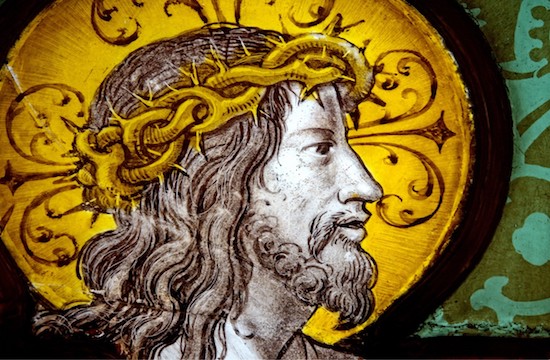Looking out only for oneself is not the way to fulfillment
/Looking out only for oneself is not the way to fulfillment
Gospel reflection for the Fifth Sunday of Easter
Father Bernard Podvin
April 28, 2018
For the last 14 years, it has been my duty to train future priests. I am reminded of the spiritual paths of some of the candidates for the priestly ministry by this Sunday’s gospel reading.
I might have one highly talented seminarian who seemed to have a brilliant future before him, but whose vocation never reached a deep connection with Jesus.
Conversely, there might be another who seemed, on the surface, less talented but whose humble spiritual devotion to the Lord inspired great pastoral engagement.
The problem for the first seminarian was an inability to fully surrender to the Lord and the church, and therefore he grew weary quickly from lack of energy and inspiration.
The humility of the second allowed God’s will to work through him, and thus he could fulfill the needs of his community.
What is said about the vine in John this Easter season beams with the light of truth.
“Apart from me you can do nothing!” We can understand why Pope Francis emphasizes the great danger for Christ’s followers to rely solely on themselves.
Looking out only for oneself is not the way to fulfillment. Instead, we must give ourselves to be guided, for the benefit of the whole.
Jesus says: “I am the true vine, and my Father is the gardener!” It is thus for the Father to knows the hearts of humankind better than any other.
Let us sketch three spiritual lessons that can inform our prayers for guidance in our spiritual lives.
First, the vine shoot alone cannot bear fruit. The 17th century Jesuit Jean-Joseph Surin said “The error of many good people is to act alone, and not seek help from grace.”
It is a difficult trap to avoid, because one’s intentions are laudable, but they cannot bear fruit.
Second, it is up to the Father to decide who has borne fruit and who has not. This is an important measure of spiritual deferral. It protects us from the risk of ideologizing evangelization.
Indeed, who are we to say whether our brothers are true in their acts and words? Only the gardener truly knows what is good for humankind.
Not only does he measure his fruit wisely, but his glory lies in appointing us to go and bear fruit too.
Third, we must let ourselves be shaped and pruned by the force of his Love in order that we can carry forth the crop that God has produced.
This third point calls on us to cultivate patience, humility, self mastery, benevolence towards our fellow humans, and to listen deeply to God.
No one reaches perfection instantly, and no one is exempt from being guided and pruned if the gardener sees the potential to sprout new shoots.
On the Lord’s vine, there is no place for rigidity nor hopelessness. God knows the true potential of each vine shoot, beyond what it might appear to have.
François de Sales liked to remind us that pruning is not done “by swinging an axe, but gently with a billhook, branch by branch.” This is the way of the gardener.
Saints have the gift of translating God’s attitude towards mankind, because they have let themselves be shaped and pruned, little by little, with unshakable confidence in Him.
This is the kind of holiness that Pope Francis spoke of in his recent exhortation. It is to do with having the confidence that anything can come to those who live in Christ and are grafted onto Christ.
Let us wish that our Christian communities may live out this missionary grace. To be a living communion of shoots that allow themselves to be guided and grow as God sees fit.
Marthe Robin called on us “not to remain on the edges of our souls.” Christ beckons us. We cannot offer love unless we draw on love!

